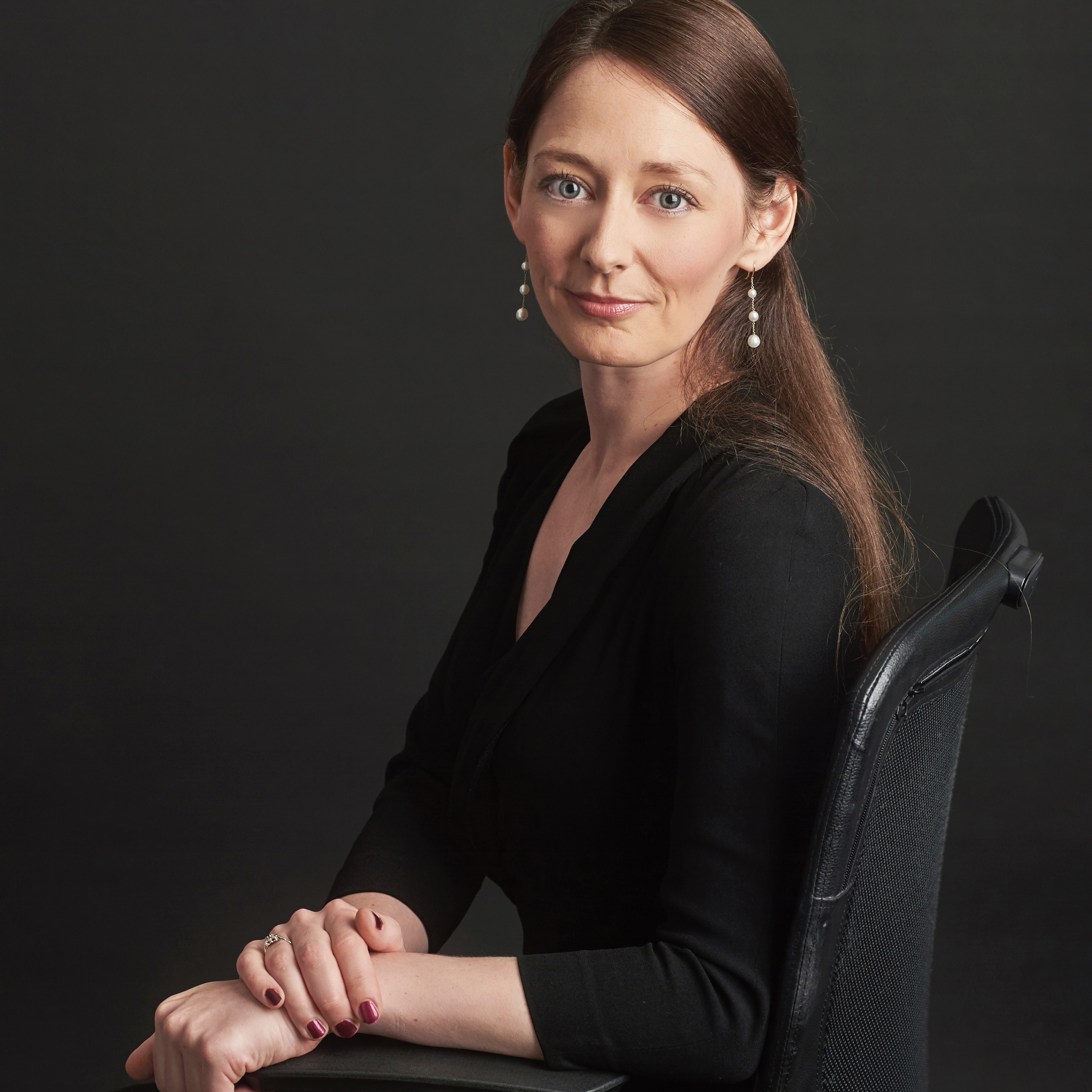Lim: Court of Appeal case on EEA Ascending Line Relatives
The Court of Appeal Case, Siew Lian Lim v Entry Clearance Officer Manila [2015] EWCA Civ 1383, was heard on 28 July 2015 before Lord Justice Elias, Lord Justice McCombe and Lord Justice Ryder. This appeal raised the question whether an adult relative, who has sufficient savings to meet her own needs but chooses instead to rely on financial support from a related EU citizen so that she will be able to pass on her assets to her children, can be regarded as a direct dependent relative in the ascending line within the meaning of Regulation 7(1)(c) of the Immigration (European and Economic Area) Regulations 2006.
This is important because it determines whether such an adult relative is a family member for the purpose of the Regulations, and thus whether they are entitled to join EU citizens who are exercising Treaty rights in the UK.
Elias LJ questioned whether the Court of Appeal decision in Pedro [2009] EWCA Civ 1358 – where no prior dependency was required of ascending line relatives and the question was only of factual dependency – was good law in light of the CJEU decision in Case C‑423/12 Reyes in relation to descendants over the age of 21.
At paragraph 24 Elias LJ summarised the ratio in Reyes:
“So the reason why the party cannot support himself or herself is irrelevant; the fact that he or she cannot do so is critical. This is inconsistent with the notion that dependency is established merely from the fact that material support is provided.”
At paragraph 25, referring to the CJEU decision in Reyes, Elias LJ stated:
“In my judgment, this makes it unambiguously clear that it is not enough simply to show that financial support is in fact provided by the EU citizen to the family member… the family member must need this support from his or her relatives in order to meet his or her basic needs…” (emphasis added)
This made the analysis in Pedro “highly problematic”.
At paragraph 32 Elias LJ found that:
“the critical question is whether the claimant is in fact in a position to support himself or not, and Reyes now makes that clear beyond doubt, in my view. That is a simple matter of fact. If he can support himself, there is no dependency, even if he is given financial material support by the EU citizen. Those additional resources are not necessary to enable him to meet his basic needs. If, on the other hand, he cannot support himself from his own resources, the court will not ask why that is the case, save perhaps where there is an abuse of rights. The fact that he chooses not to get a job and become self-supporting is irrelevant. It follows that on the facts of this case, there was no dependency. The appellant had the funds to support herself. She was financially independent and did not need the additional resources for the purpose of meeting her basic needs.”
Dependency, is therefore not simply a question of fact. It is also a question of need but, potentially, could follow from a choice not to be independent.
Contact Our Direct Access Immigration Barristers
For expert advice in relation to any aspect of EEA immigration law, contact our EEA immigration barristers in London on 0203 617 9173 or via our online enquiry form.








